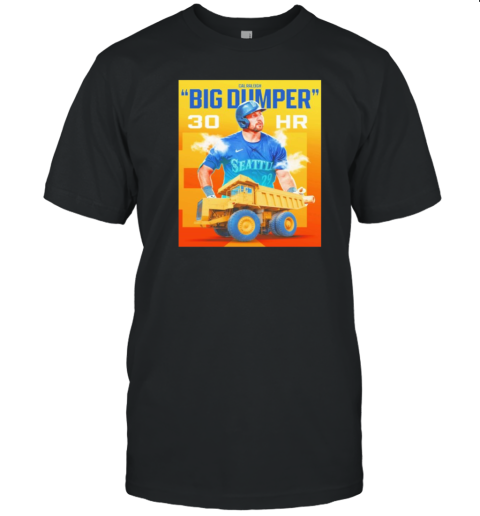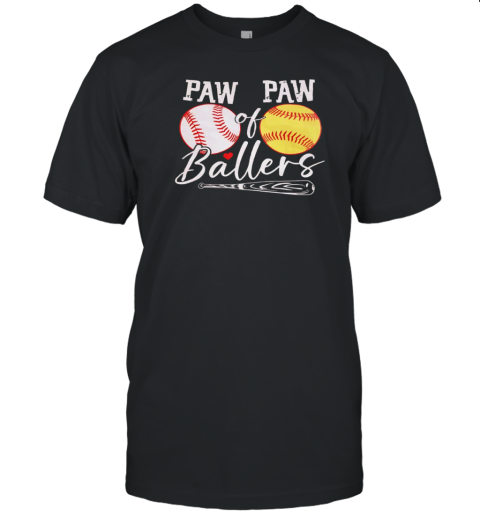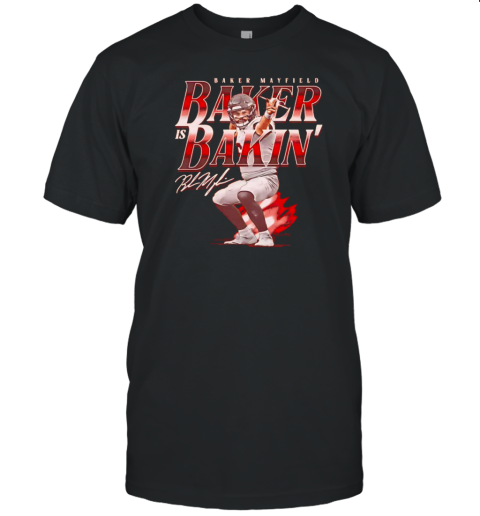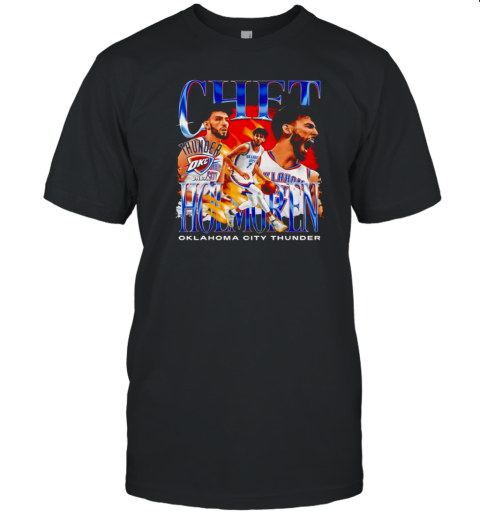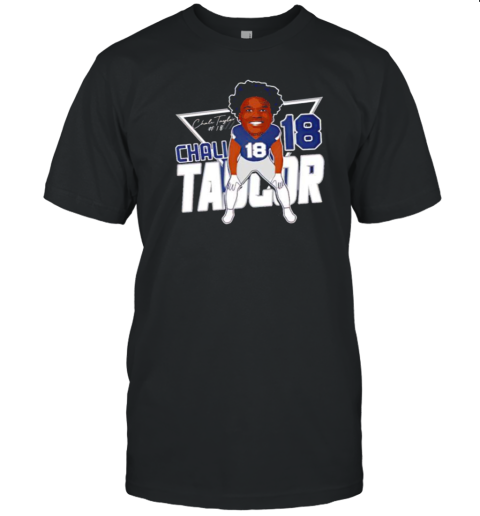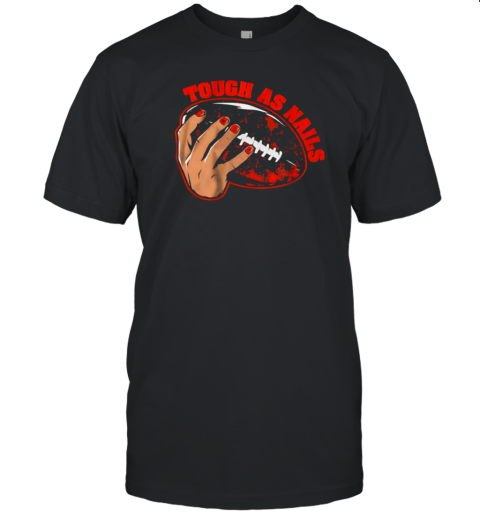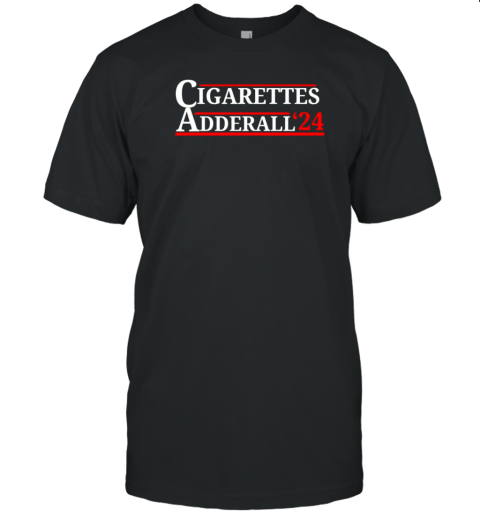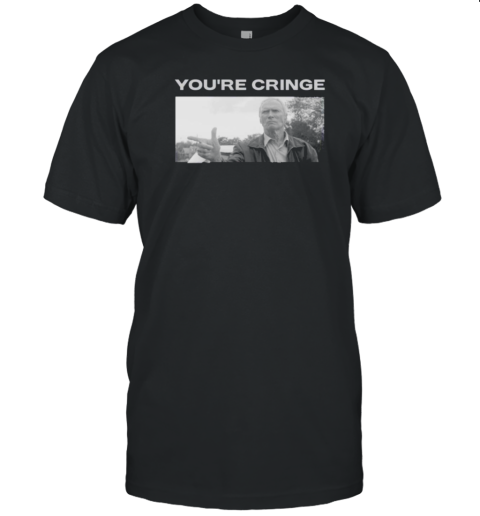Original San Diego Wave Fc San D13goat T-Shirt
$27.99 Original price was: $27.99.$19.99Current price is: $19.99.
-
5% OFF 2 items get 5% OFF on cart total Buy 2
-
7% OFF 3 items get 7% OFF on cart total Buy 3
-
9% OFF 4 items get 9% OFF on cart total Buy 4
-
12% OFF 5 items get 12% OFF on cart total Buy 5

Original San Diego Wave Fc San D13goat T-Shirt . In a significant development at the intersection of agriculture and fashion, seaweed is emerging as a potential game-changer in addressing two of the industry’s most pressing environmental concerns: sustainable material sourcing and livestock emissions reduction.FutureFeed, an Australian start-up spun out of the Commonwealth Scientific and Industrial Research Organisation (CSIRO), has recently submitted a proposal to the Emissions Reductions Assurance Committee (ERAC) for its innovative seaweed-based feed additive, reported Leather Biz. The company’s solution, utilising native Australian red macro algae (asparagopsis), has demonstrated promising results in reducing enteric methane emissions from cattle while improving feed efficiency.This initiative comes at a crucial time for the fashion industry, which is grappling with the environmental impact of leather production. A recent study by the Leather Panel, albeit controversial due to its limited scope, reported that leather production generates 17.0kg of CO2 equivalent per square metre from tannery operations onwards. In comparison, artificial leather’s complete supply chain reportedly produces 15.8kg of CO2 equivalent per square metre.
Original San Diego Wave Fc San D13goat T-Shirt, hoodie, sweater, longsleeve and ladies t-shirt





You Can See More Product: https://thekingstore.net/product-category/trending/

